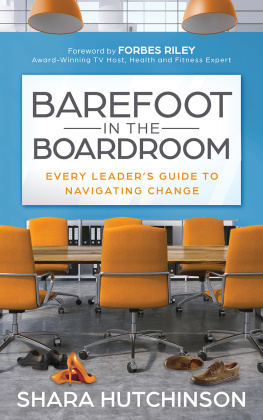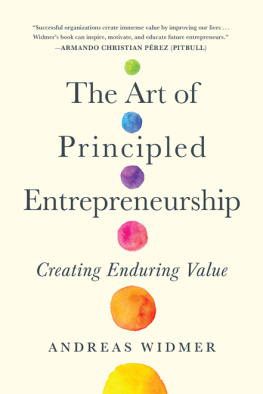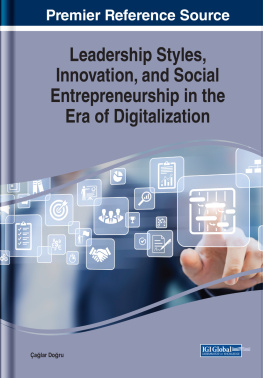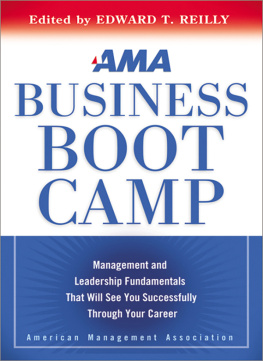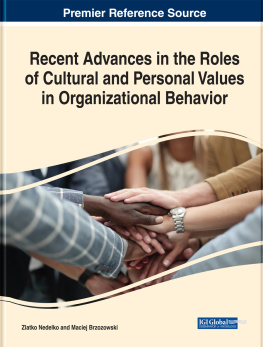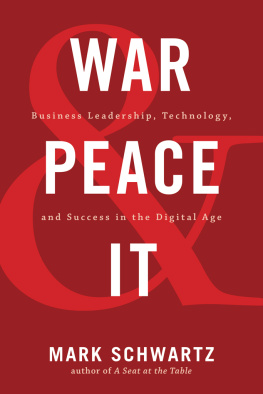Cover
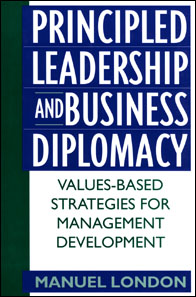
| title | : | Principled Leadership and Business Diplomacy : Values-based Strategies for Management Development |
| author | : | London, Manuel. |
| publisher | : | Greenwood Publishing Group |
| isbn10 | asin | : | 1567203477 |
| print isbn13 | : | 9781567203479 |
| ebook isbn13 | : | 9780585387819 |
| language | : | English |
| subject | Business ethics, Leadership, Conflict management. |
| publication date | : | 1999 |
| lcc | : | HF5387.L66 1999eb |
| ddc | : | 658.4/092 |
| subject | : | Business ethics, Leadership, Conflict management. |
Page i
This page intentionally left blank.
Page ii
This page intentionally left blank.
Page iii
PRINCIPLED LEADERSHIP AND BUSINESS DIPLOMACY
Values-Based Strategies for Management Development
Manuel London
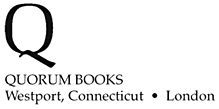
Page iv
Library of Congress Cataloging-in-Publication Data
London, Manuel.
Principled leadership and business diplomacy : values-based
strategies for management development / Manuel London.
p. cm.
Includes bibliographical references and index.
ISBN 1567203477 (alk. paper)
1. Business ethics. 2. Leadership. 3. Conflict management.
I. Title.
HF5387.L66 1999
658.4'092dc21 9927821
British Library Cataloguing in Publication Data is available.
Copyright 1999 by Manuel London
All rights reserved. No portion of this book may be reproduced, by any process or technique, without the express written consent of the publisher.
Library of Congress Catalog Card Number: 9927821
ISBN: 1567203477
First published in 1999
Quorum Books, 88 Post Road West, Westport, CT 06881
An imprint of Greenwood Publishing Group, Inc.
www.quorumbooks.com
Printed in the United States of America

The paper used in this book complies with the Permanent Paper Standard issued by the National Information Standards Organization (Z39.481984).
10 9 8 7 6 5 4 3 2 1
Page v
For Marilyn
Page vi
This page intentionally left blank.
Page vii
Contents
Preface | ix |
Introduction | |
Part I The Meaning of Principled Leadership and Business Diplomacy |
| Defining Principled Leadership and Business Diplomacy | |
| Who Uses Diplomacy? | |
| Politics and Diplomacy | |
Part II Being a Principled Leader and Diplomat |
| Values and Strategies of Principled, Diplomatic Leadership | |
| Principled, Diplomatic Tactics | |
Part III Learning about Oneself and Others in Diplomatic Relationships |
| Characteristics of an Effective, Principled, Diplomatic Leader | |
| Learning about How Others React | |
Part IV Applying Diplomacy |
| Strategies for Resolving Conflict | |
| International Business Diplomacy | |
Page viii
| Managing People: Using Principled Diplomacy to Coach and Develop Coworkers | |
| Creating a Principled, Diplomatic Organization | |
| Conclusion: Achieving WinWin Solutions | |
Appendix Overview of Supporting Literature | |
Suggested Readings | |
Index | |
Page ix
Preface
This book is about applying the art of principled leadership and diplomacy to business. Principled leadership is the application of ethical business values, including mutual respect, trust, honesty, fairness, kindness, and doing good. Principled leaders are executives and managers who apply these values in their daily business lives. Principled leaders do not ignore the tough realities of business. They deal with market forces, make difficult decisions, resolve conflicts, and negotiate deals using business diplomacy.
Business diplomacy is a way of working with people to get things done effectively. Rather than work over, around, or through other people, the idea of business diplomacy is to help people understand each others perspective and reach common ground without hostility. Principled leadership and business diplomacy are values-based management strategies. The underlying premise is that being ethical, tactful, and showing concern for others are positive, effective business strategies.
Principled leadership and business diplomacy provide directions for management and leadership development. This book provides a model for human-resource managers, management development specialists, and organizational development consultants (change agents and group facilitators) to follow in designing management and leadership development programs, selecting and training managers and executives, and changing corporate culture. Also, these professionals can be role models of principled leadership and business diplomacy and change agents in their organizations to encourage cooperation and get people to work together effectively.
I began thinking about the concepts of principled leadership and business diplomacy when I reflected on my own work experience as a corporate human-resource manager for twelve years and as a college professor and administrator
Page x
for thirteen years. I had seen too many examples of how organizational politics, unfairness, self-centeredness, and mean-spiritedness hurt people. These did not seem to be effective ways of doing business, and they certainly werent enjoyable. Of course, I encountered many examples of encouragement, support, and integrity. I wondered what would be needed to create an organization where these would be the guiding values in both espoused philosophy and reality; where these values guided actions and decisions that occur behind the scenes as well as those that are visible. I wondered how this would be possible when conflicts in goals, cultural values, personalities, and behavioral styles are inherent in the situation. I observed that the people who were most successful in resolving disputes and maintaining the peace while moving the organization forward seemed to be business diplomats. Hence, business diplomacy appeared to be a way to make principled leadership possible.
I would like to thank my colleague, Dr. Robert Boice, for valuable and sensitive comments on an earlier draft of this book.
Principled leadership and diplomacy are positive values and actions for successful business relationships. Marriage requires an even deeper relationship and stronger values and actions. This book is dedicated to my wife, Marilyn, who showed me the value of kindness, understanding, honesty, and communication.
Next page

